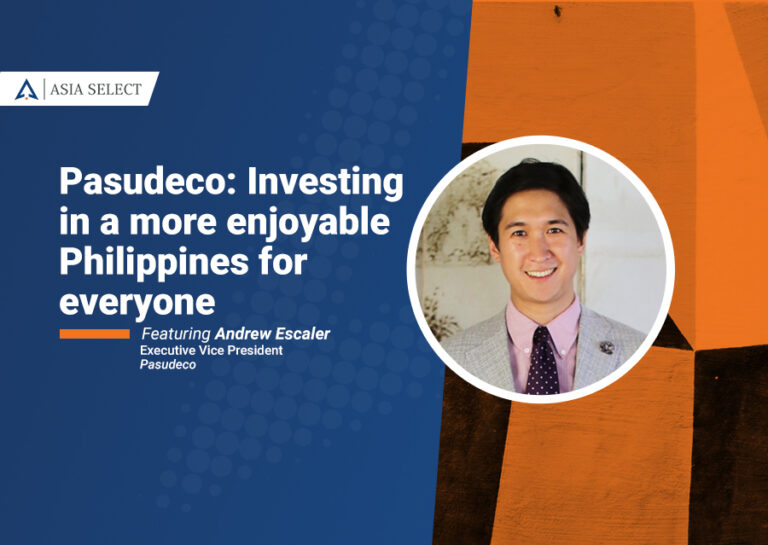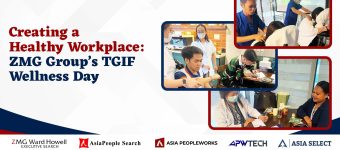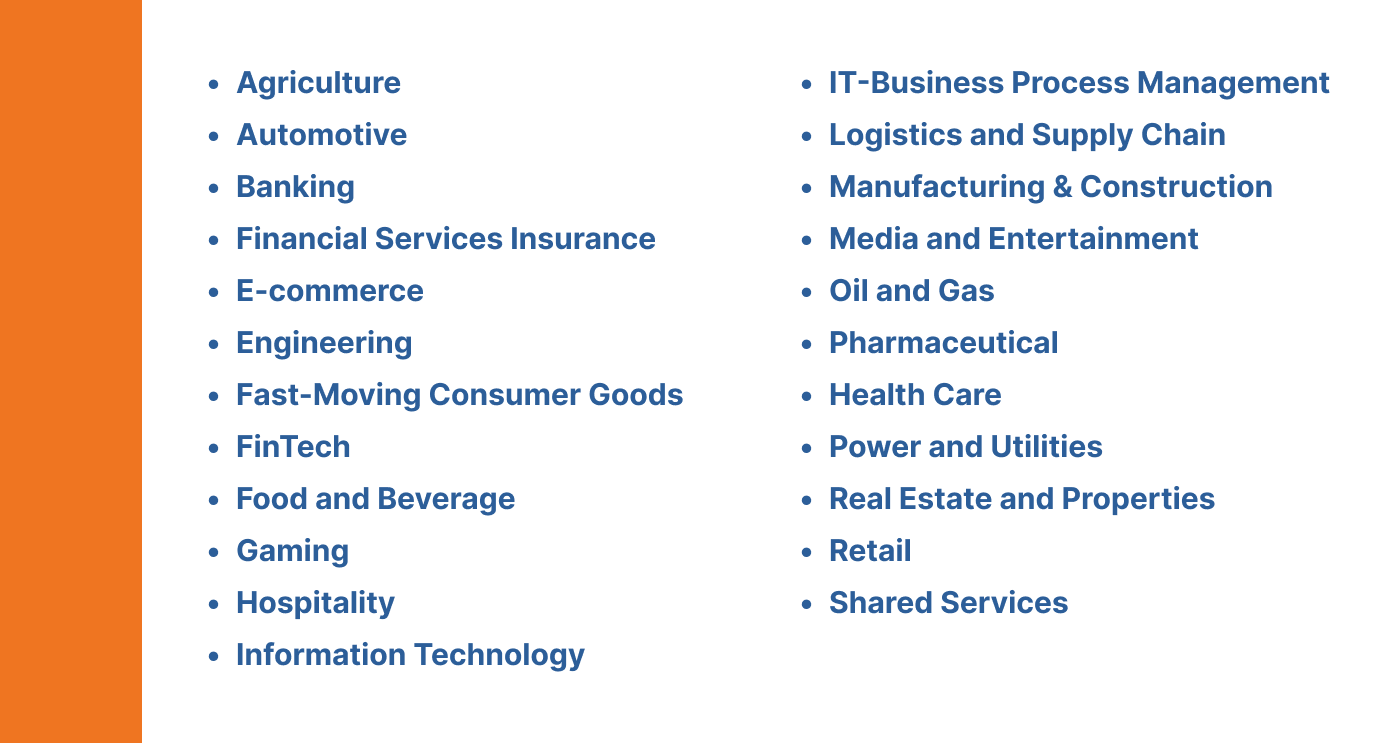Postcards and tourism campaigns often try to present the Philippines as a tropical paradise. A country that is more fun, more beautiful, and more enjoyable than wherever in the world you might be.
For those of us who live here, the reality tends to be different. We are plagued by pollution, traffic, poor health, and a life where hardly any task is not easy to accomplish.
For whatever reason, businesses and politicians have not chosen to take care of the Philippines by putting their interests ahead of everything else, thus failing to be responsible for their impact on the country. There is always a different set of rules, a separate world where those with power and riches get to enjoy while the rest of us languish in squalor in a country that no one seems to genuinely care about.
It is a failure of capitalism and the government that businesses aren’t required to clean up the messes they make. Some countries try to remedy this, but the Philippines, for the most part, has not.
With each day being a chance to turn it all around, we do have a beacon of hope in the heightened awareness of some consumers and businesses on how they impact the planet.
Companies that try to address their role in the environment look beyond what traditional financial statements tell them about their business, and try to improve things accountants cannot measure. These things tend to be Environmental, Social, and Governance (ESG) factors.
As ESG concerns grow, the chances for more businesses that help benefit people as well as the planet while turning a profit, grow as well.
Here in the Philippines, companies like Ayala Corp, San Miguel, and Century Pacific Food have started to embrace these values of trying to make the planet a better place to live in.
It’s not only conglomerates that have the power and the desire to change things though. Smaller and lesser known companies can also be part of the effort in trying to make the Philippines live up to its postcards and promotional campaigns.
One such company is Pasudeco.
Asia Select recently sat down with Andrew Escaler, the Executive Vice President of Pasudeco. He is a firm believer of being the change he seeks. He shared with us how he is inspired to lead and manage his team in championing sustainable businesses towards a healthier, greener, and more efficient future for the Filipino people.
Interview transcript between Andrew Escaler and Asia Select, Inc.
What are common environmental challenges that the Philippines face? How are these currently being solved?
In my opinion, the Philippines is facing a number of environmental challenges. The most pressing ones are poor air quality, polluted waterways, and a lack of green space.
Right now, I don’t see enough concrete action being done by the government to address any of these problems.
In addressing better air quality, the government could lift tariffs on electric vehicles, invest massively in public transportation, and implement a carbon tax. Although there have been proposals, none of these have happened yet.
In fixing polluted waterways, the government needs to invest in sewage systems to ensure waste doesn’t reach our rivers and streams. It needs to better reflect the true cost of waste by making companies pay more for utilizing single-use plastics (Extended Producer Responsibility). The government also needs to have more public trash cans available and better collection services so that people feel they have a place to throw their trash.
Finally, the government needs to invest in land for parks and trees that can help cool our environment and give people more places to walk and enjoy outside malls.
If the government were to make the necessary investments to solve these issues, we would find ourselves with much lower healthcare costs, and a country infinitely more attractive and enjoyable to live in.
What is the mission of Pasudeco?
The mission of Pasudeco is to invest in companies that reduce pollution, improve health, or automate tasks. We believe that the more of these companies exist, the more enjoyable it will be to live in the Philippines or any part of the world.
As a company that values people and the planet, how do you envision the organization in the next 5 to 10 years? What kind of people/team would you be looking for?
We hope to become a much better-known presence and resource for people looking to reduce pollution, improve health, and automate. Today, we do most of the reaching out. It would be great if in 5 to 10 years from now, people are coming to us. We also hope to be investing much more money in making the Philippines a better place to live and to be a bigger part of policy conversations.
We look for people that are curious, passionate about what they do, and who care about what Pasudeco is trying to achieve. These people show good judgment, integrity, and are people we would be very disappointed to lose.
Can you tell us about some of the companies that Pasudeco has invested in? What kind of businesses are you looking to support?
Pasudeco supports businesses that can produce goods and services that reduce pollution and/or improve health—without the latter being their necessary selling point. We feel that if people consume things, specifically for environmental or health purposes, the appetite for those things tend to fade over time. As such, we look for pro-planet/ pro-health businesses that can be in demand even if their customers choose to act selfishly.
We have already invested in some such sustainable businesses. Two of these companies include Nutshell Coolers and Bloomfield Robotics.
Nutshell Coolers provides stylish, highly insulating, and easily packable coolers that can be packed flat. They are made out of used coconut shells allowing people to have an alternative to plastic or Styrofoam-made coolers—thus reducing agricultural waste and increasing farmer livelihood. You don’t need to know about the positive environmental impact to enjoy these beautiful and sustainable coolers.
Bloomfield Robotics creates digital copies of farmers’ fields and their crops a weekly basis. Farmers can use these copies to observe their crops over time with the help of artificial intelligence. By doing this, farmers will be able to reduce their expenses in hiring crop observers, and allow them to deploy their resources (i.e., water and fertilizer) more efficiently to the crops that need them the most. By allowing farmers to target specific problem areas, Bloomfield creates a more economical farm operation by saving water, fertilizer, and energy. Not only is this good for the environment but it also doesn’t require the farmer to choose between his wallet and the planet.
How do you want the company to be remembered by businesses and Filipino consumers?
We want to be remembered as the most helpful shareholder or resource the business community had in the fight for pollution reduction, better health, and automation. We want the Filipino to know us the investor responsible for a cleaner, healthier, and simpler society that they are able to enjoy and be proud of.
Businesses that are 100% environmental friendly don’t happen overnight. For budding entrepreneurs, what are some ways they can start changing that can have better environmental impact?
Luckily, by focusing on cost reduction, entrepreneurs can both help the environment and improve their bottom line. Some examples include:
• Working from home: saves transportation, utility, and rental costs plus reduces carbon emissions.
• Using reusable cups at their favorite cafes: saves money through discounts and reduces garbage and water consumption.
• Shifting away from paperwork and moving things online: reduces printing and paper costs and as well as the demand for cutting down trees and chemicals.
The best way though would really be to create a business that can reduce pollution even if consumers are not fully aware of the positive environmental effect of the business.
How can Filipino consumers be more environmentally conscious? What can they look forward for in the coming years?
Filipino consumers can make a positive impact by:
• Reducing their consumption of single-use plastics and buying things that they can put in their own containers whenever possible.
• Composting their food waste.
Reducing their water and electricity consumption (no bitcoin mining please).
• Walking or bicycling instead of driving whenever possible.
• Demanding governments and businesses to do better in keeping the planet livable for the next generations.
It seems to me that some companies and the Philippine government are starting to take notice about the environmental demands of the younger generation. Nestle supports mandatory Extended Producer Responsibility. Unilever has introduced reusable and refillable packaging. The Department of Energy requires utilities to buy a certain portion of energy from renewables, and are looking at making it easier to purchase electric vehicles eventually. The world of investment is taking ESG (environment, social, governance) concerns more seriously.
This isn’t enough though, and much more has to be done in order to allow humans to enjoy living on Earth.
There are entrepreneurs who want to start or continue an environment-friendly business, what are your top 3 advice to them especially to those who were hit by the pandemic?
In my opinion, a good business has the three following traits:
• It offers a unique solution that is difficult to copy.
• It can improve the environment while not having to rely on customers to think of the greater good. The business can do good even by just addressing the customers’ selfish needs/desires
• As revenues grow, return on invested capital should get better as well and settle at a reasonable level
How can pro-people, pro-planet, or pro-automation companies work with Pasudeco as an investor in the near future?
We are happy to open doors, invest capital, or become a customer to any business that does a good job reducing pollution, improving health, or providing automation. Contact us at asi@pasudeco.com
(Article written by Team Pasudeco; Interview by Asia Select, Inc. Marketing Team)
Searching for great career opportunities? View and apply for our latest jobs here.
Read more interviews with company leaders:
- The growth and success of Regal Rexnord Philippines with Lorena Biclar as its Country Head
- During tougher times as a career mom with Irma Aure, HR Vice-President of CEMEX
- Leading in the New Normal with Sam Santos, HR Head of Froneri Philippines







